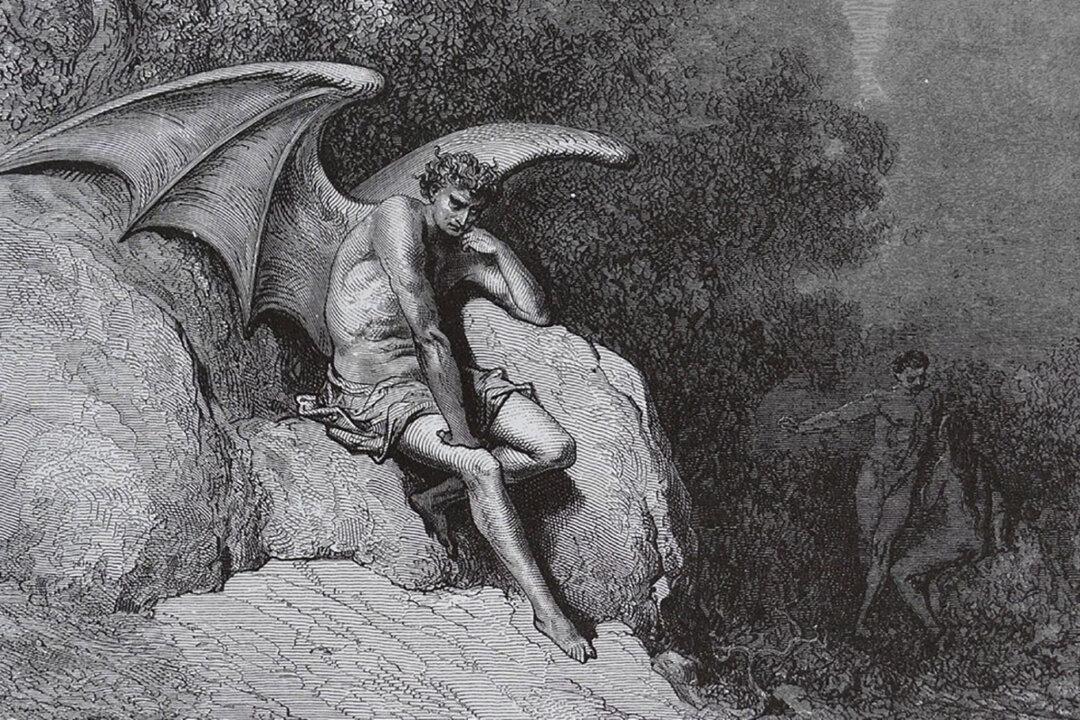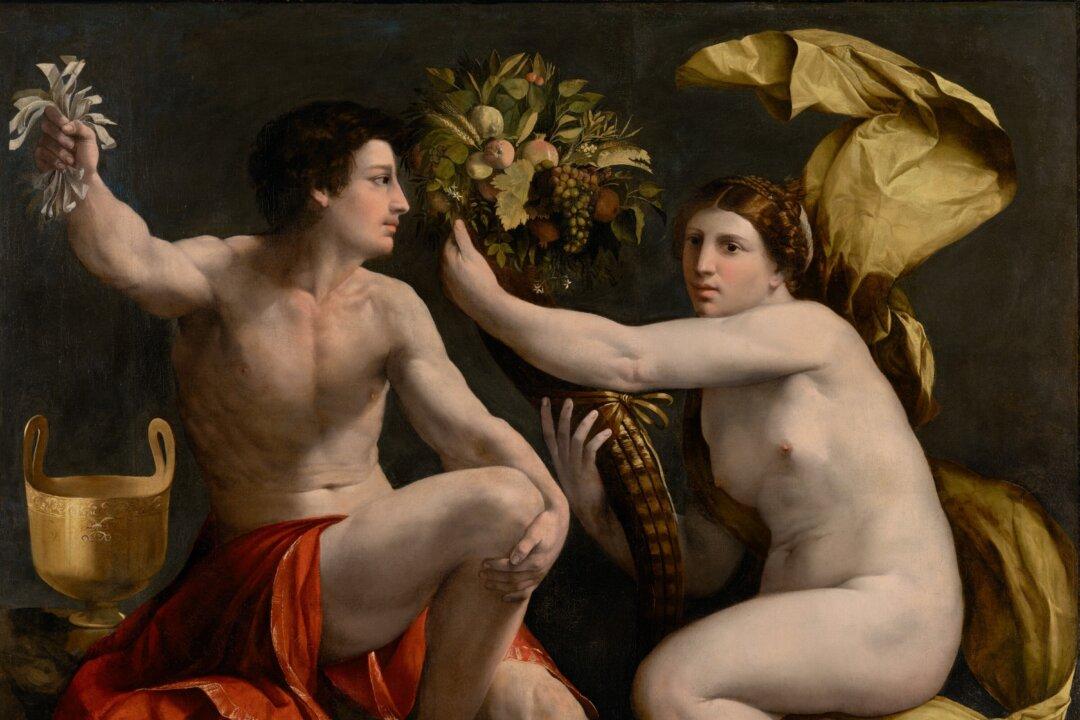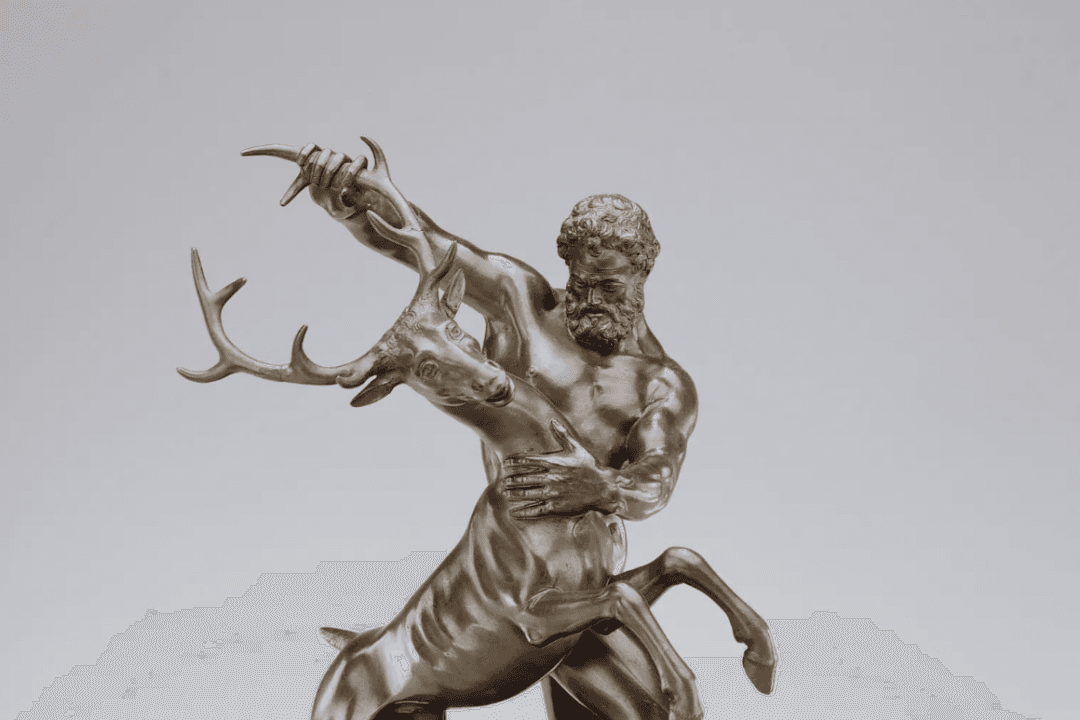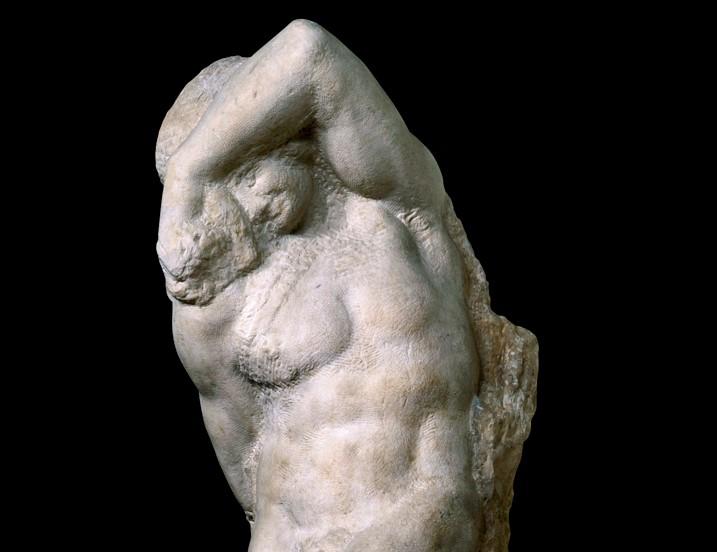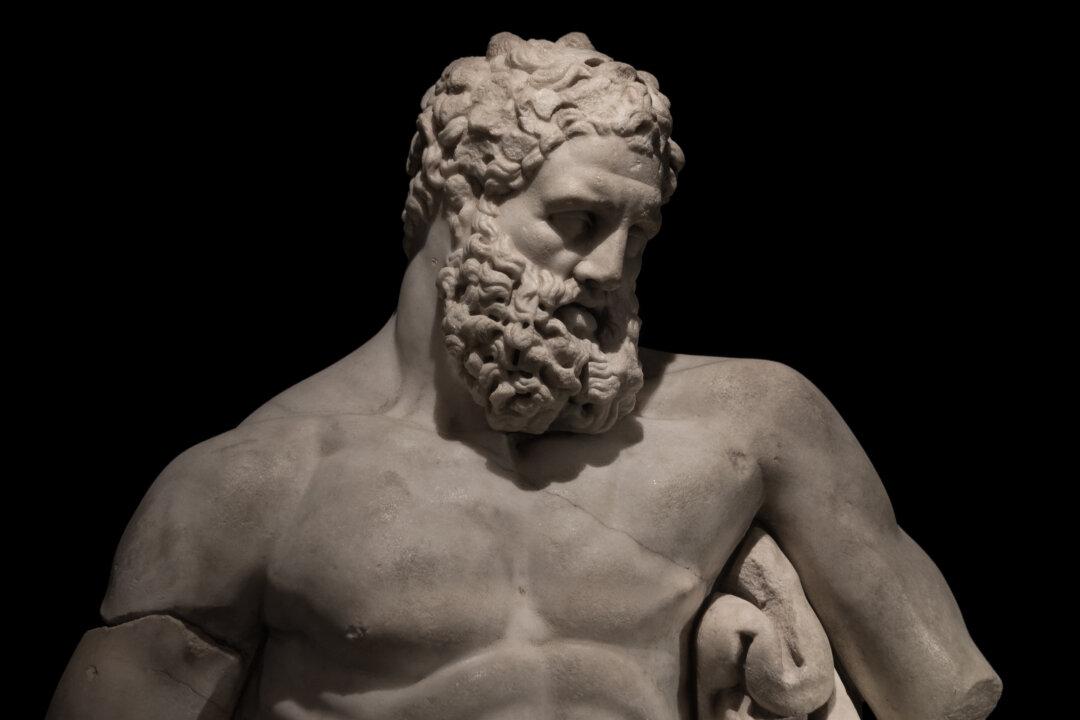This series focuses on the art of Gustav Doré and started by looking at his illustrations for John Milton’s 17th-century epic poem “Paradise Lost.” In this next article, Satan has just finished rallying the rebel angels after they fell to hell. He calls out to them, shames them, and reinvigorates their passion to resist God. At first, he speaks only to one rebel angel, but it’s not long before one turns into many, and his troops begin to regain the strength to continue their mission.
Despite Satan’s instigating their fall from heaven, the rebel angels rise up to unabashedly continue following him. Milton describes the scene:
So numberless were those bad angels seen Hovering on wing under the cope of Hell ‘Twixt upper, nether, and surrounding fires; Till, as a signal giv’n, th’ uplifted spear Of their great Sultan waving to direct Their course, in even balance down they light On the firm brimstone, and fill all the plain … Forthwith from every squadron and each band The heads and leaders thither haste where stood Their great Commander … Though of their names in Heav’nly records now Be no memorial, blotted out and razed By their rebellion, from the Books of Life (Book I, Lines 344–350, 361–363)

